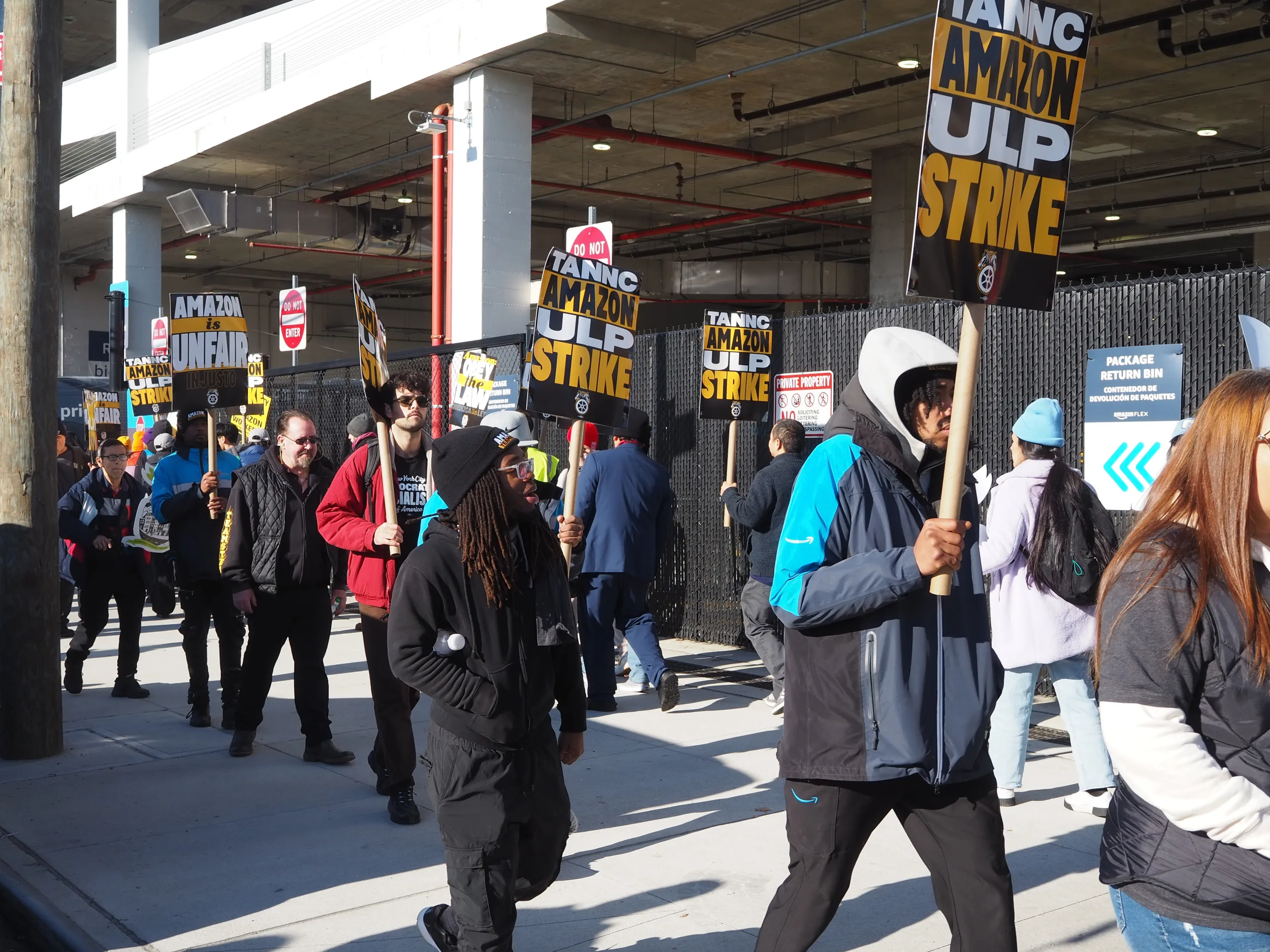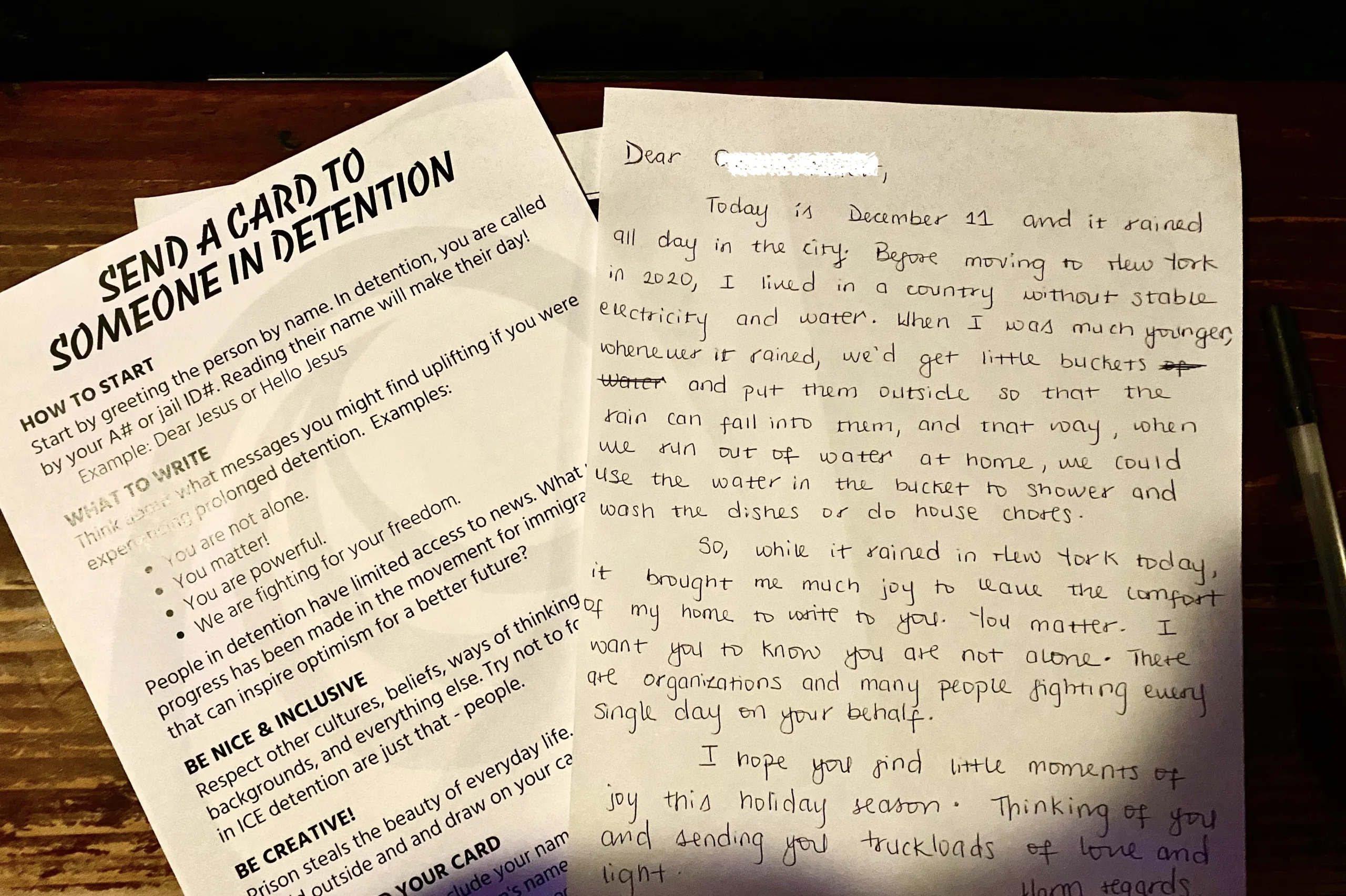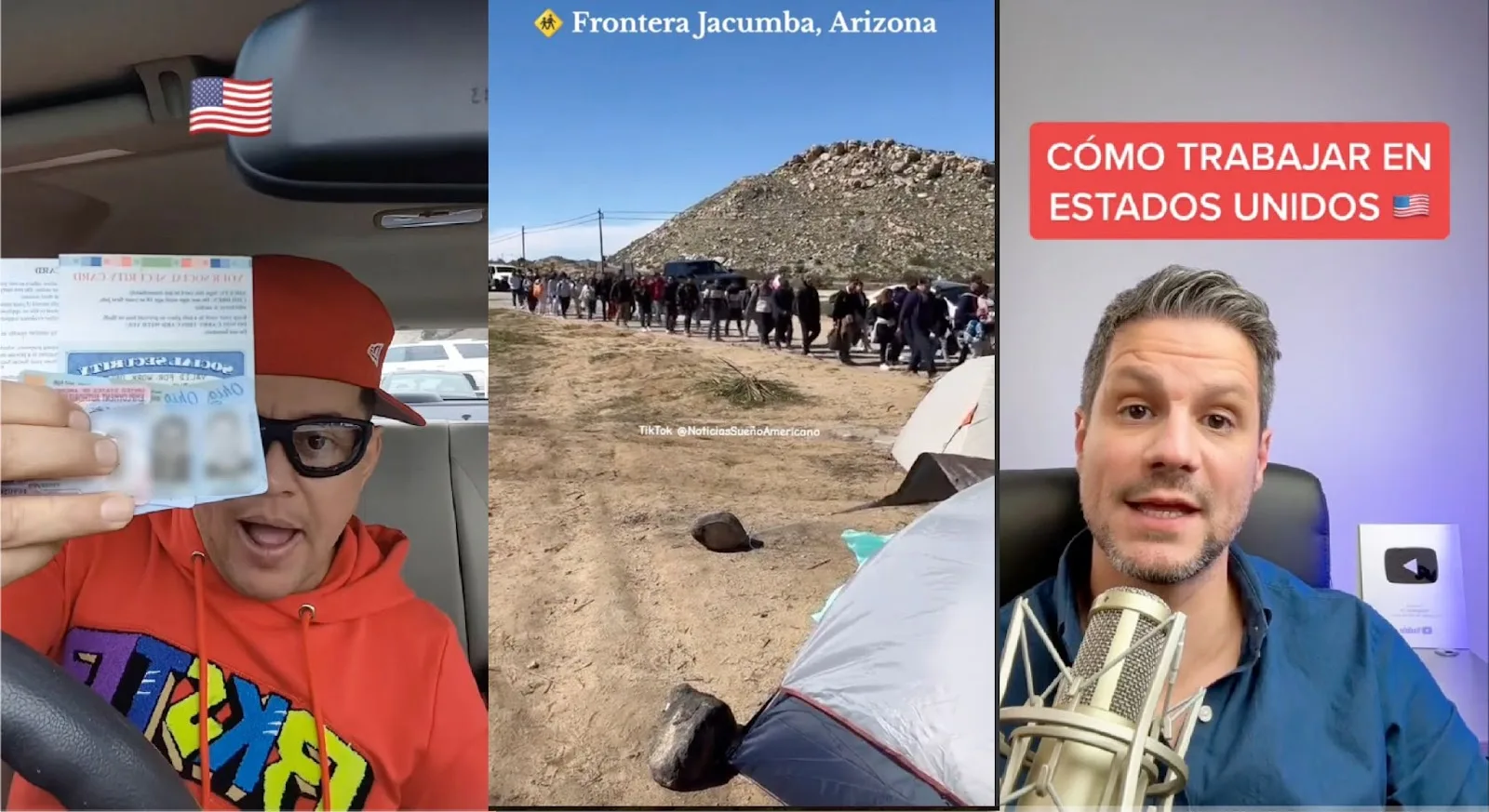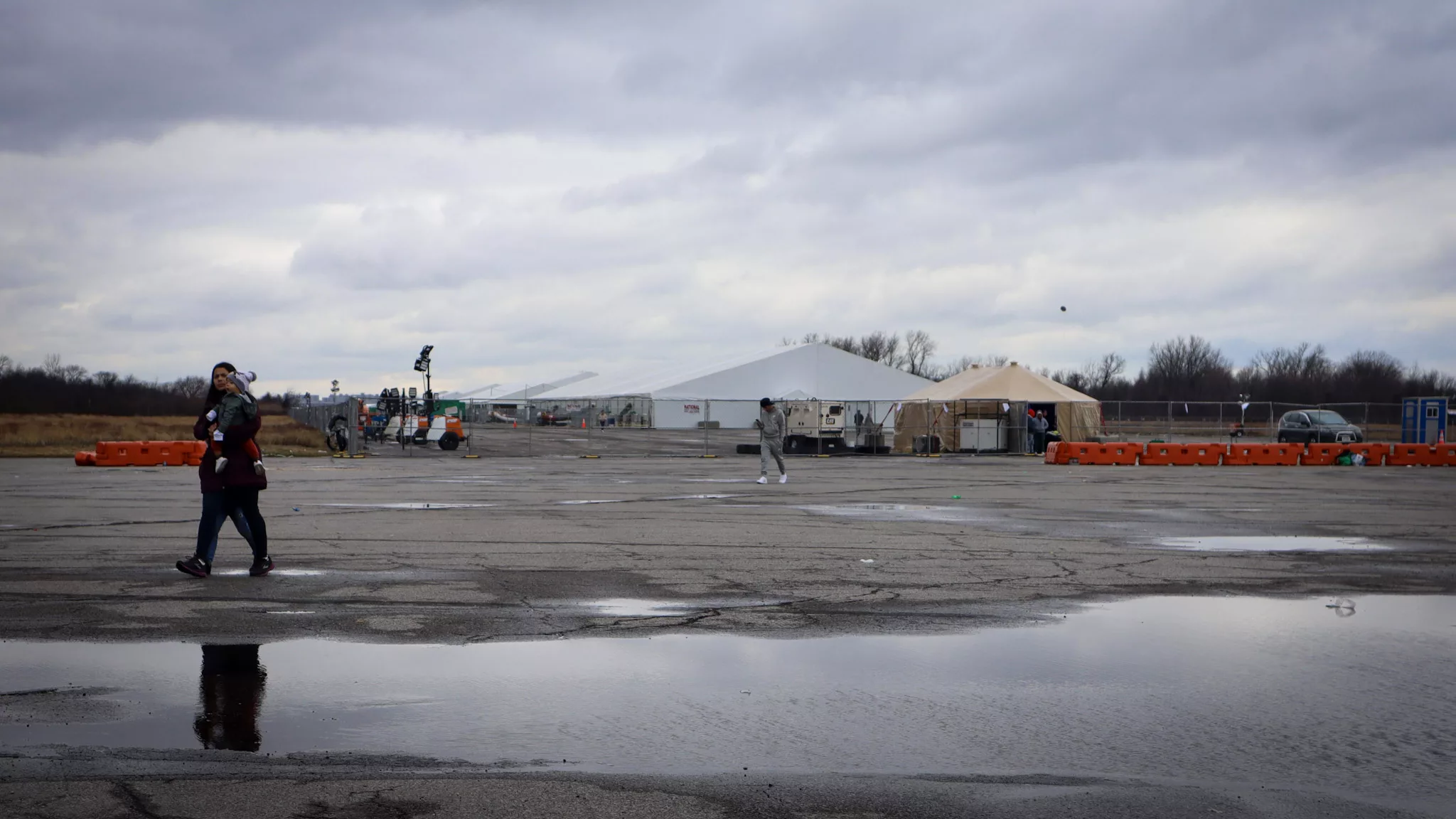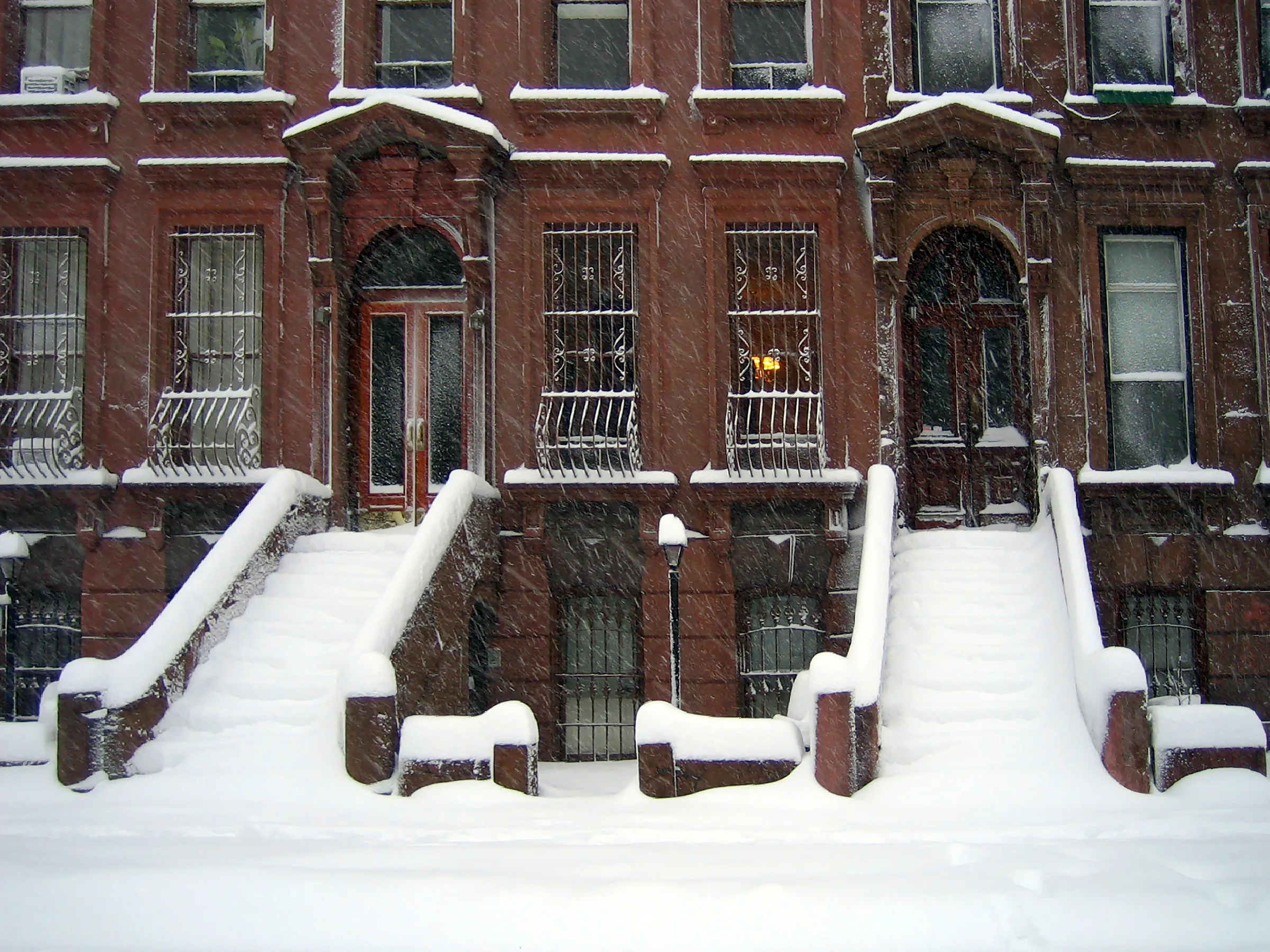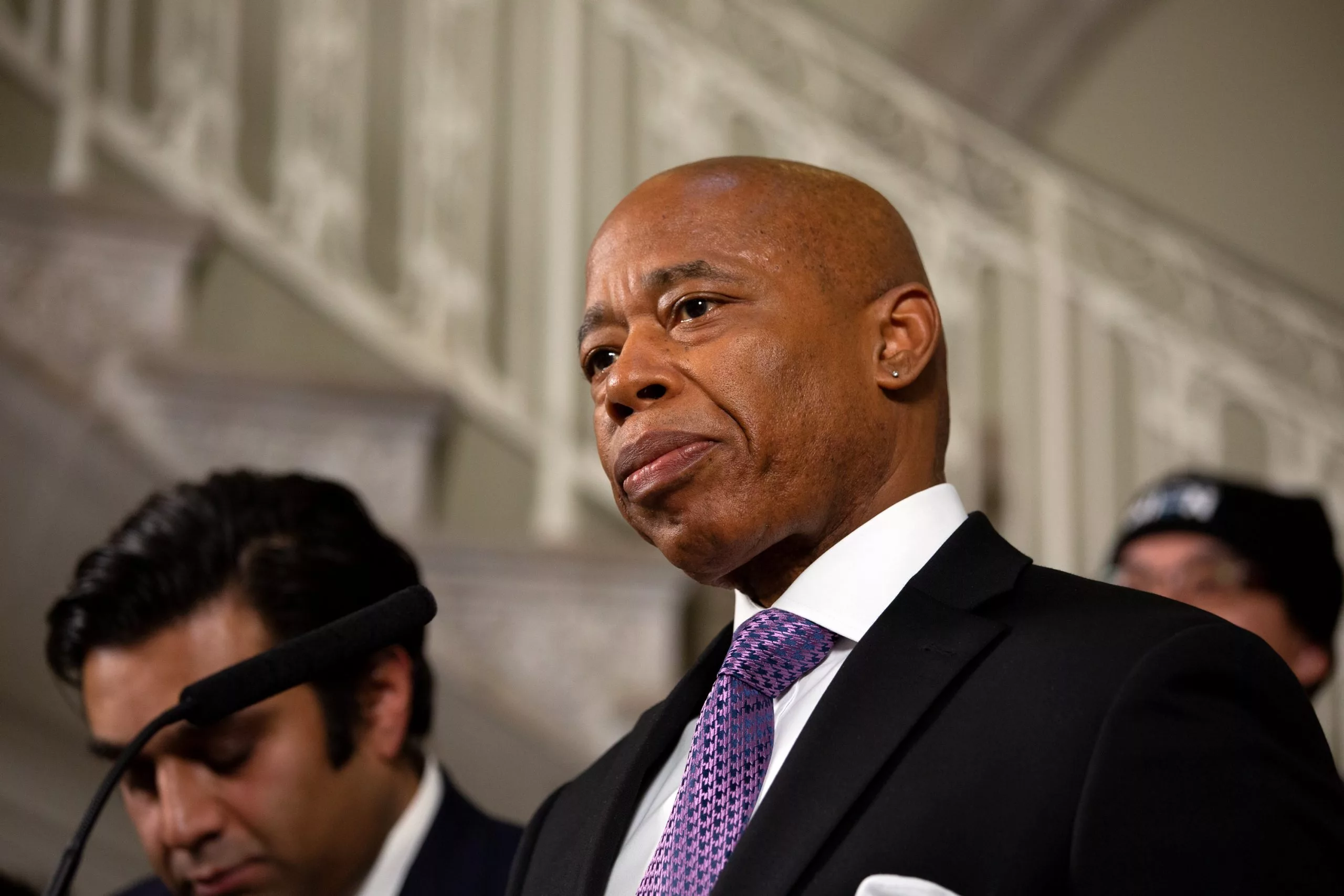The 20 hour drive from Florida to New York closed a chapter of living in fear of deportation for Johanna and her two children. For two months, since the mentioning of anti-immigration laws by Florida Governor Ron DeSantis in early March, Johanna had heard rumors from her friends via WhatsApp that immigration raids were happening constantly near her neighborhood in Jacksonville.
Afraid, due to her status as an undocumented immigrant, Johanna limited the times she went out in public. Her fridge would have to be completely empty to buy groceries, and her son, 13, was no longer able to play at the park after school.
“We were living in fear,” she told Documented in late July, a month after settling in New York City and renting an apartment in Brooklyn.
Also Read: Florida Republicans Beg Immigrant Workers to Not Leave the State
DeSantis signed Senate Bill (SB) 1718 in May to “combat the dangerous effects of illegal immigration.” The measures included permitting authorities to charge someone with human trafficking if they were to transport undocumented migrants in the state, prohibiting the use of driver’s licenses from other states issued to undocumented immigrants, and increasing penalties for businesses that hire undocumented migrants.
Florida’s anti-immigrant laws took effect in July, and it forced many foreign workers and residents to abandon the state and make their way to places like New York, which is known as a sanctuary city — a locality that does not cooperate with immigration detainers.
Also Read: What Sanctuary Policies Mean for Undocumented Immigrants
Associations that represent thousands of farmworkers said the departure of immigrants has left businesses — particularly in agriculture — with a need for employees to fill the jobs for the upcoming harvest season.
Yvette Cruz, Communications Coordinator of the Farmworker Association of Florida, said that organizers for the association reported that up to ten people were leaving the state every day. Cruz explained that their organizers have also heard stories of people capitalizing on families desperate to flee Florida by buying their belongings under value and then reselling them.
“They would sell their car for $1,000, and then the buyer would resell them for four times its price,” Cruz said.
Johanna, 42, who requested Documented only her first name as she is undocumented, initially set sight on Florida when she migrated from Ecuador because she had friends and family that welcomed her there. Being able to use Spanish more often than in other states also made the adjustment easier, she said.
They were able to rent an apartment for $1,000 a month in Jacksonville. Her 19-year-old daughter found a job as a cashier, her son, 13, was enrolled in junior high school, and Johanna, too, was able to find consistent work as a house cleaner. “I really liked living here,” she said.
As the rumors of the new legislation began running across social media in March and April, Johanna began thinking about the future. Her son, who has an intellectual disability, was receiving the necessary assistance from the school he was attending. But Johanna worried that he would be affected in the future as he came of age, especially if immigrants became barred from healthcare and other public services, she said.
“The landlord did not want to renew our lease, too,” Johanna said, adding they felt sad selling their furniture, appliances, and clothes.
Three other people who spoke with Documented mentioned looking for apartments ahead of time to avoid asking New York City for shelter. They had seen reports on social media about a lack of space due to an influx of migrants sent to New York City in buses by Texas leaders.
People have also left Florida due to the provision to prohibit the use of driver’s licenses issued to undocumented immigrants by other states, such as New York. “When they limit you so much, it’s hard to move forward. We don’t want to become a [public charge]. We just want to prosper,” said Joel, an asylum seeker from the Dominican Republic, who requested Documented to only just use his first name. He left Florida after living in Miami for seven months.
26-year-old Jesus Delgado left Florida just 20 days after arriving from Venezuela in April of this year. Like Johanna, he said that he was thinking of the future for his four-year-old-son and wife. With a friend, he moved to Long Island and found work as a waiter, saving money to rent an apartment.
“The laws practically make you think that you are unwanted, that you do not belong here. That you have to stay quiet,” he told Documented, adding that he was able to fly his wife and son in mid-July, after being 45 days apart.
Also Read: One Year in NYC: Migrants Still Fighting to Leave Shelters


